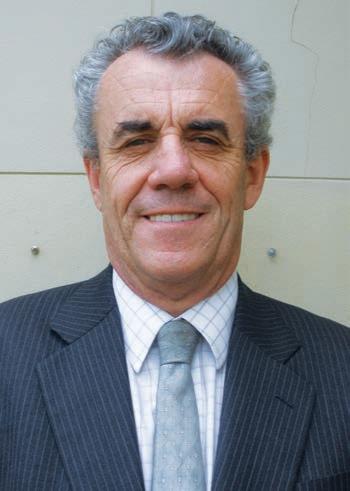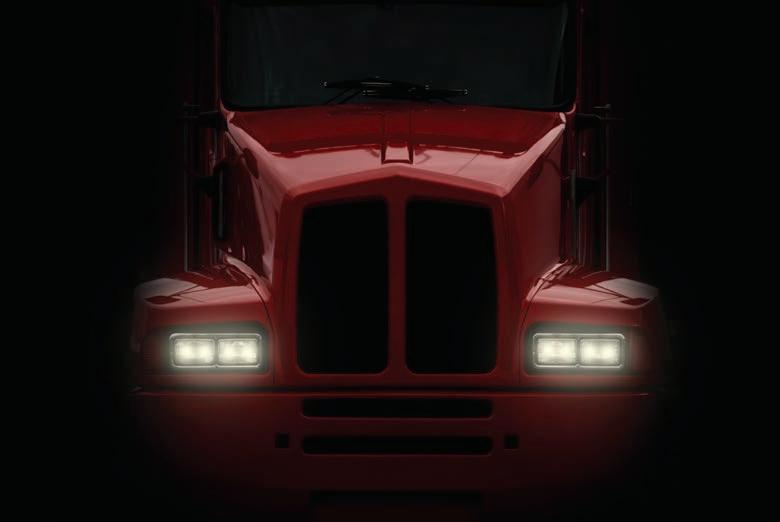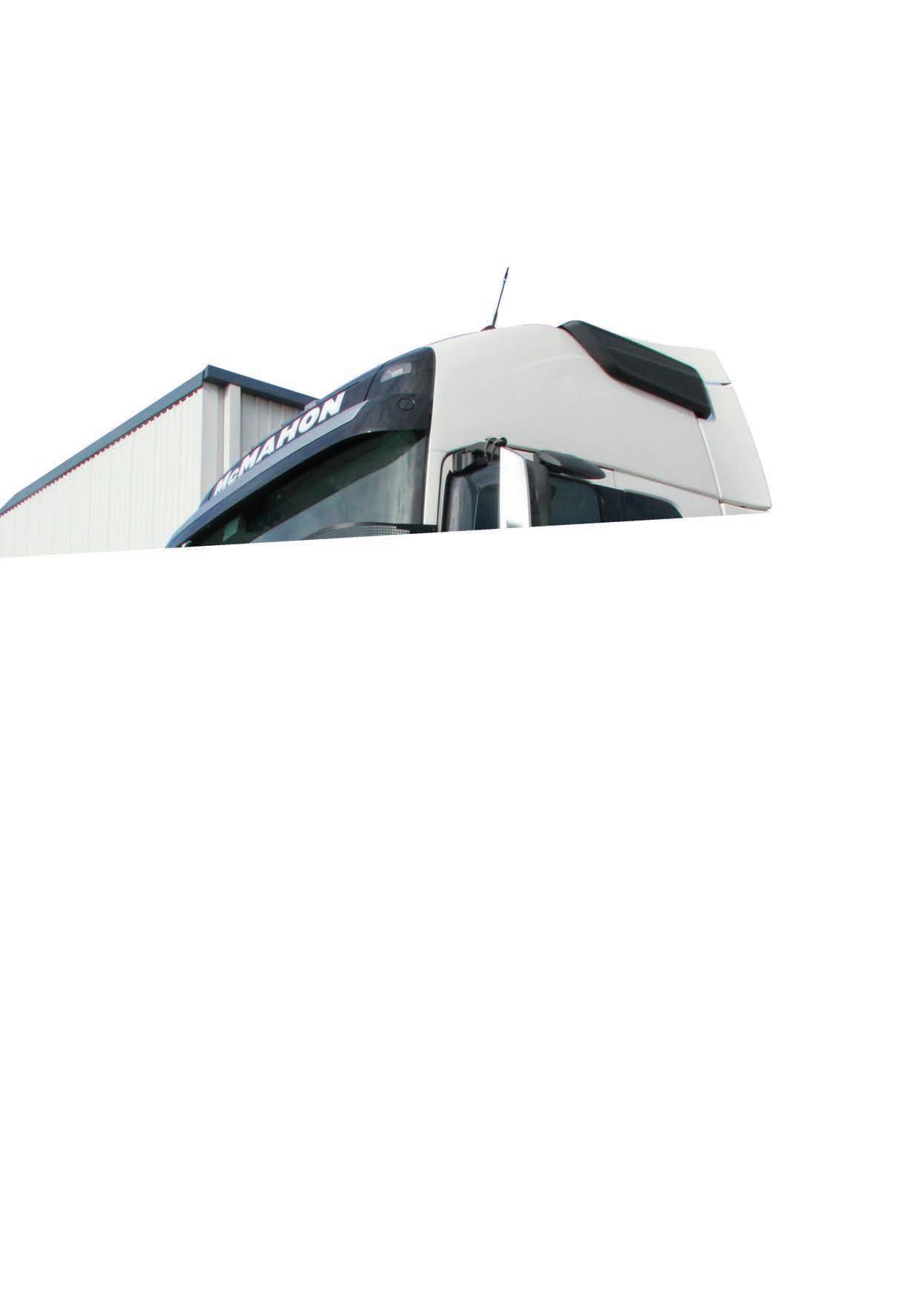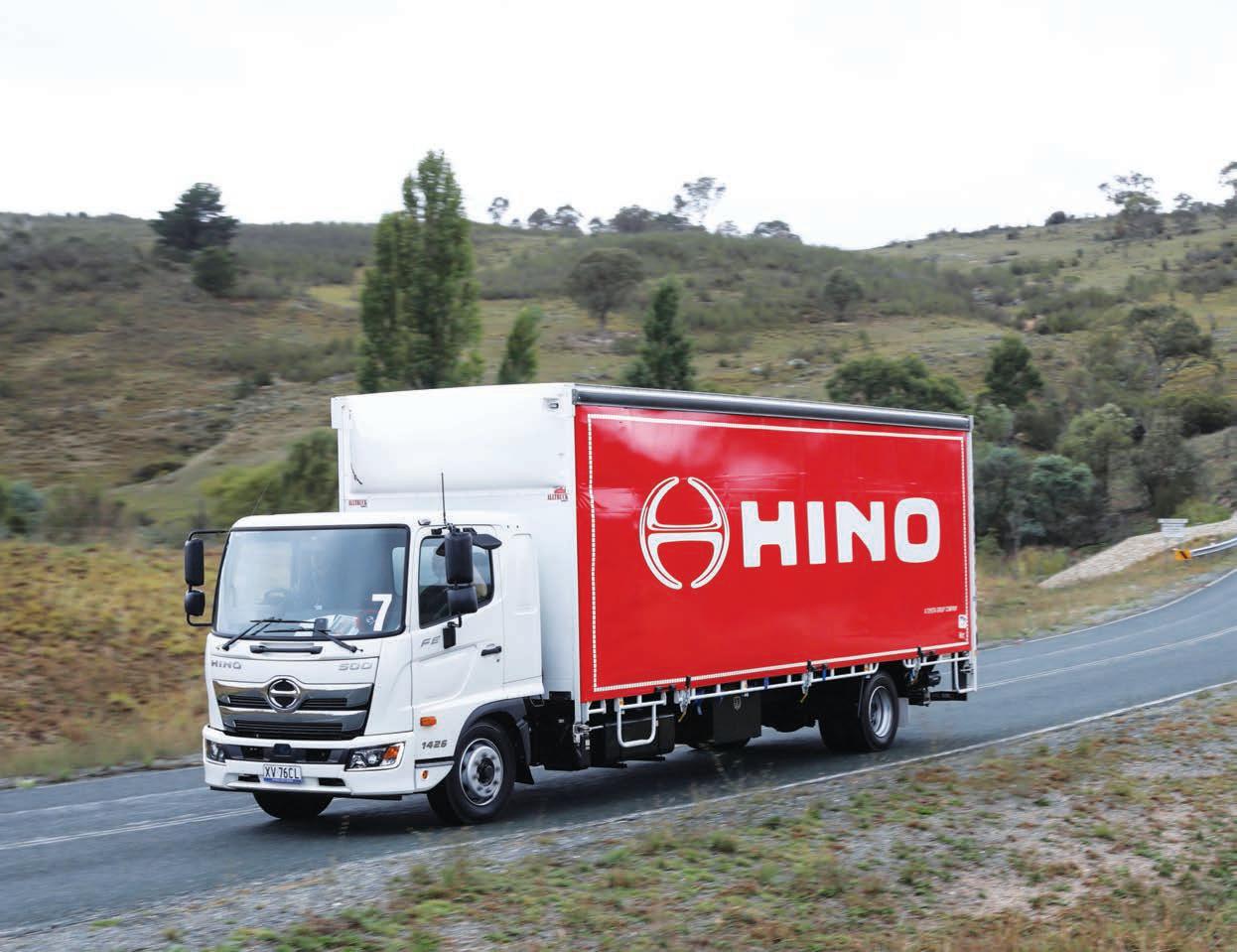
3 minute read
Truck Industry Council
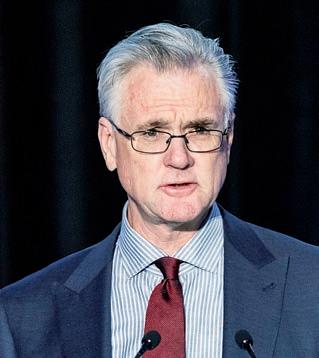
PETER ANDERSON TONY MCMULLAN
Globally, as well as in Australia, governments and industry are rolling out a range of different technologies to address climate change in the energy generation and distribution sector. Solar farms, roof-top solar, wind and hydro are the renewable technologies that are replacing coal generated electricity in Australia and while nuclear is not being considered here, it is part of many country’s climate change plans. There are a multitude of government backed solutions being deployed in this sector, that best suit a region’s population density, geographic landscape, climate and energy use requirements. However, this “open mind” approach to climate change is not being applied to addressing climate change in the road transport sector by all government groups in Australia. In the leadup to the last federal election, we saw various parties announcing plans to incentivise the takeup of specific road transport technologies, in particular plug-in electric vehicles. Similarly, some State governments are targeting incentives specifically for electric vehicles too. While the Truck Industry Council (TIC) supports government incentives that would modernise Australia’s aging heavy vehicle fleet and improve climate change outcomes, TIC warns against ‘trying to pick winners’. That is, government incentives that promote one technology over another. There is no clear climate change solution
No time to be picking winners
for the road transport industry here in Australia, nor anywhere in the world. Governments must promote and incentivise energy diversity, not specific solutions or technologies. The diesel engine has proven to be the lifeblood of the commercial road transport industry globally for the best part of 100 years now, in a truck, the diesel engine truly has been the ‘one size fits all’ solution and this is not going to change overnight. Trucks of the foreseeable future will be powered by an energy diverse range of fuels and technologies that will include, current diesel (particularly for line haul and remote area road transport) and natural gas will have a place as a clean fossil fuel option. Synthetic and bio-diesel as well as methane gas are the renewable hydrocarbon front runners, while battery electric and hydraulic hybrid energy regeneration technologies will be used in conjunction with internal combustion engines to lower their greenhouse gas emissions. Over time as the technologies mature, plug-in batteryelectric and hydrogen-electric powered trucks will become more common. These and perhaps not yet developed technologies, including new clean and more efficient diesel powered trucks should be incentivised by government, based on their ability to provide energy productivity improvements and positively impact climate change. The very topic of energy diversity in the road transport sector was the core message of Cummins USA’s President for Distribution, Mr Tony Satterthwaite, when he addressed a recent US Select Committee titled “Solving the Climate Crisis: Cleaning Up Heavy-Duty Vehicles, Protecting Communities.” Cummins, the largest commercial diesel engine manufacturer in the USA was invited as a stakeholder to give its perspective on energy diversity. “As we look to the future of the heavy duty transportation sector, we see a sector that is highly complex and one in which we don’t believe there will be one technological solution that will meet all needs”, Satterthwaite said in testimony. “Public policy plays an important role in facilitating this energy diverse future for the heavy duty sector” Satterthwaite said. “We think the best policies are ones that don’t pick winners and losers but focus on desired outcomes. The best technology to solve a problem today may not be the best in six months or two years.” He told the committee climate change is a significant threat and encouraged it to take steps promoting innovation, especially in the development of energy infrastructure and believed it might be some time before all communities have access to the full range of energy options. Australia’s road freight task is both vast, as well as varied, there is no one solution evident at this point in time that will support these ongoing requirements and the need to address our climate change responsibilities. This must be acknowledged by all parties and levels of government in Australia. TIC calls upon government to actively promote and embrace a broad array of energy diverse solutions to address climate change in the road transport sector, this should be reflected in government’s policy and regulatory decisions. Now is not the time for governments to be trying to pick winners by incentivising one technology in preference to another.
Tony McMullan CEO, Truck Industry Council



